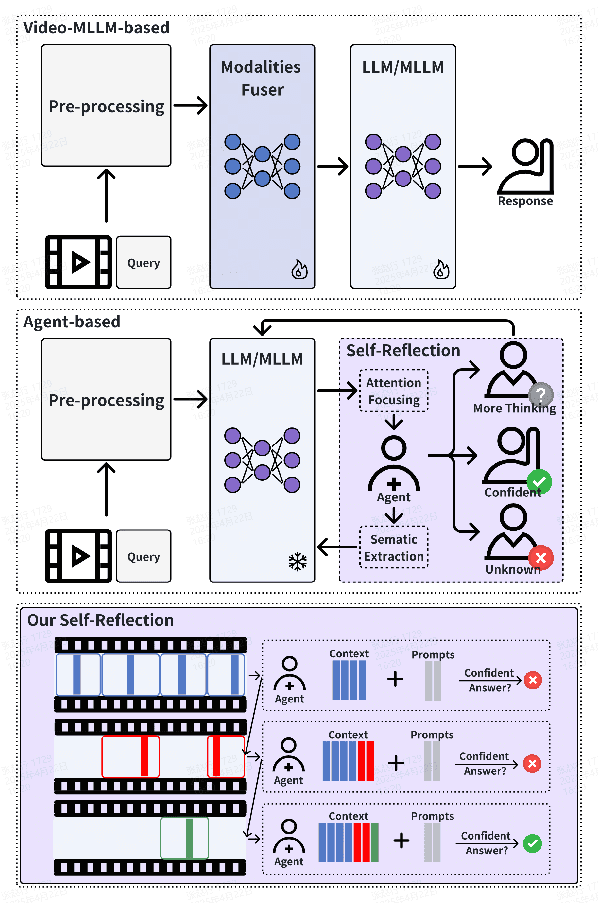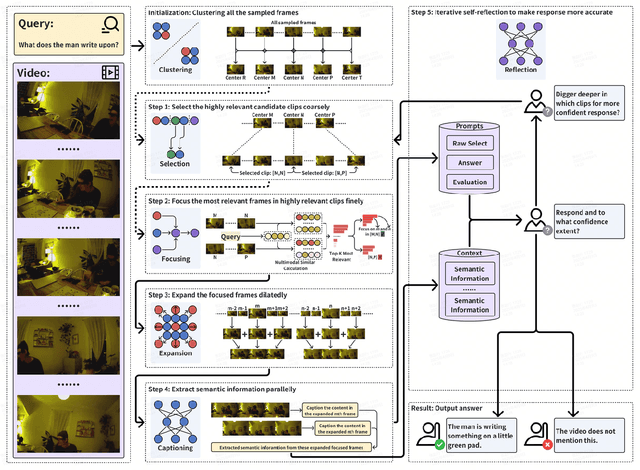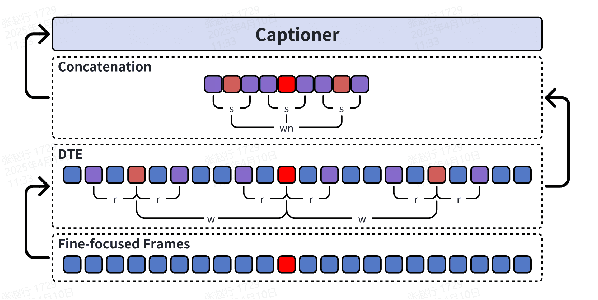Rong Shen
Boundary-Aware NL2SQL: Integrating Reliability through Hybrid Reward and Data Synthesis
Jan 15, 2026Abstract:In this paper, we present BAR-SQL (Boundary-Aware Reliable NL2SQL), a unified training framework that embeds reliability and boundary awareness directly into the generation process. We introduce a Seed Mutation data synthesis paradigm that constructs a representative enterprise corpus, explicitly encompassing multi-step analytical queries alongside boundary cases including ambiguity and schema limitations. To ensure interpretability, we employ Knowledge-Grounded Reasoning Synthesis, which produces Chain-of-Thought traces explicitly anchored in schema metadata and business rules. The model is trained through a two-stage process: Supervised Fine-Tuning (SFT) followed by Reinforcement Learning via Group Relative Policy Optimization. We design a Task-Conditioned Hybrid Reward mechanism that simultaneously optimizes SQL execution accuracy-leveraging Abstract Syntax Tree analysis and dense result matching-and semantic precision in abstention responses. To evaluate reliability alongside generation accuracy, we construct and release Ent-SQL-Bench, which jointly assesse SQL precision and boundary-aware abstention across ambiguous and unanswerable queries. Experimental results on this benchmark demonstrate that BAR-SQL achieves 91.48% average accuracy, outperforming leading proprietary models, including Claude 4.5 Sonnet and GPT-5, in both SQL generation quality and boundary-aware abstention capability. The source code and benchmark are available anonymously at: https://github.com/TianSongS/BAR-SQL.
MASR: Self-Reflective Reasoning through Multimodal Hierarchical Attention Focusing for Agent-based Video Understanding
Apr 28, 2025



Abstract:Even in the era of rapid advances in large models, video understanding remains a highly challenging task. Compared to texts or images, videos commonly contain more information with redundancy, requiring large models to properly allocate attention at a global level for comprehensive and accurate understanding. To address this, we propose a Multimodal hierarchical Attention focusing Self-reflective Reasoning (MASR) framework for agent-based video understanding. The key innovation lies in its ability to detect and prioritize segments of videos that are highly relevant to the query. Firstly, MASR realizes Multimodal Coarse-to-fine Relevance Sensing (MCRS) which enhances the correlation between the acquired contextual information and the query. Secondly, MASR employs Dilated Temporal Expansion (DTE) to mitigate the risk of missing crucial details when extracting semantic information from the focused frames selected through MCRS. By iteratively applying MCRS and DTE in the self-reflective reasoning process, MASR is able to adaptively adjust the attention to extract highly query-relevant context and therefore improve the response accuracy. In the EgoSchema dataset, MASR achieves a remarkable 5% performance gain over previous leading approaches. In the Next-QA and IntentQA datasets, it outperforms the state-of-the-art standards by 0.2% and 0.3% respectively. In the Video-MME dataset that contains long-term videos, MASR also performs better than other agent-based methods.
MCAF: Efficient Agent-based Video Understanding Framework through Multimodal Coarse-to-Fine Attention Focusing
Apr 24, 2025



Abstract:Even in the era of rapid advances in large models, video understanding, particularly long videos, remains highly challenging. Compared with textual or image-based information, videos commonly contain more information with redundancy, requiring large models to strategically allocate attention at a global level for accurate comprehension. To address this, we propose MCAF, an agent-based, training-free framework perform video understanding through Multimodal Coarse-to-fine Attention Focusing. The key innovation lies in its ability to sense and prioritize segments of the video that are highly relevant to the understanding task. First, MCAF hierarchically concentrates on highly relevant frames through multimodal information, enhancing the correlation between the acquired contextual information and the query. Second, it employs a dilated temporal expansion mechanism to mitigate the risk of missing crucial details when extracting information from these concentrated frames. In addition, our framework incorporates a self-reflection mechanism utilizing the confidence level of the model's responses as feedback. By iteratively applying these two creative focusing strategies, it adaptively adjusts attention to capture highly query-connected context and thus improves response accuracy. MCAF outperforms comparable state-of-the-art methods on average. On the EgoSchema dataset, it achieves a remarkable 5% performance gain over the leading approach. Meanwhile, on Next-QA and IntentQA datasets, it outperforms the current state-of-the-art standard by 0.2% and 0.3% respectively. On the Video-MME dataset, which features videos averaging nearly an hour in length, MCAF also outperforms other agent-based methods.
 Add to Chrome
Add to Chrome Add to Firefox
Add to Firefox Add to Edge
Add to Edge